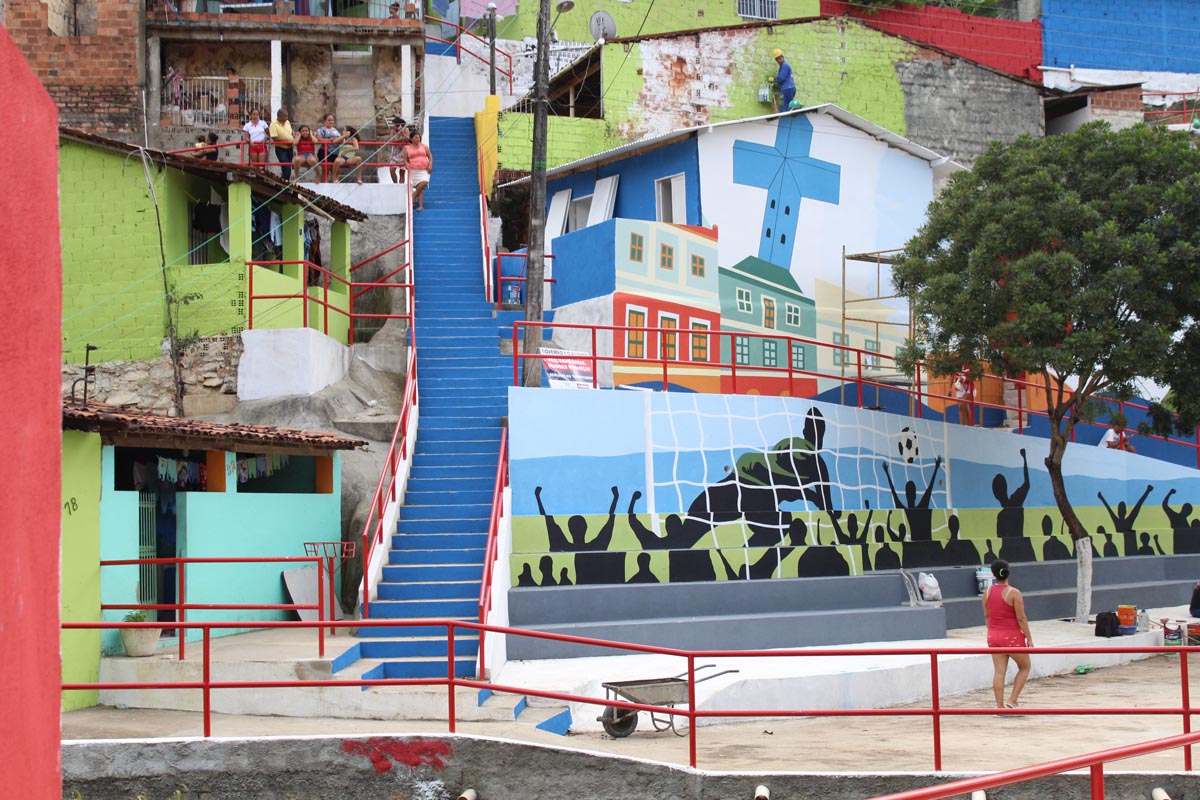With more than 44 hours of content offered by 242 speakers, the event reached more than 20,000 viewers

Covid-19 may have accelerated the digital transformation in the public sector like never before, but it has also highlighted urban challenges experienced in countries around the world – especially in regards to the difficult access to services and essential infrastructure essential for the life quality of the most vulnerable populations. And, based on the challenges and opportunities generated by the pandemic, the 10th edition of the Smart City Expo World Congress (SCEWC), the largest global event aimed at sharing good practices and trends in smart cities, structured all of its content.
For the first time ever broadcasted in a fully digital environment, the Smart City Live (SCEWC online version), which took place between November 17th and 18th, featured a schedule focused on six main pillars: adapted urban mobility for safer and more sustainable travels; technologies to face urban global challenges; cities redesign to guarantee urban life for everybody; ensurance of inclusive economic recovery; resilient infrastructure and urban environments; and the future of retail commerce in the digital age.
There were more than 44 hours of content distributed in lectures, interviews, events and parallel sessions that, in all, brought together 20,489 viewers from 144 different countries to learn more about the trends, discussions and debates promoted by the 242 speakers.The feedback was so positive that the event will return next year in a hybrid version, with presencial and online activities between 16 to 18 November 2021.
Bright Cities participated in the event for the third consecutive year – this time, as media partners -, and we were really excited to see a Brazilian city among the winners of WorldSmartCityAwards 2020! Competing against projects from India and Turkey, “Vida Nova nas Grotas” by Alagoas government was a winner in the “Quality of Life & Inclusion” category. Even with few technological resources available, the initiative managed to target the needs of the most vulnerable population in Maceió; thus, they were able to develop projects, plans and actions in matters such as urban infrastructure, mobility, housing, social inclusion, environment and entrepreneurship.

In the “Smart City” category, Shanghai won the award with the project “Smart Shanghai – People-Oriented Smart City”, which is implementing full Full 5G network coverage in the city center, investing in the digitization of public services and intensifying the integration between information technology and industry.



